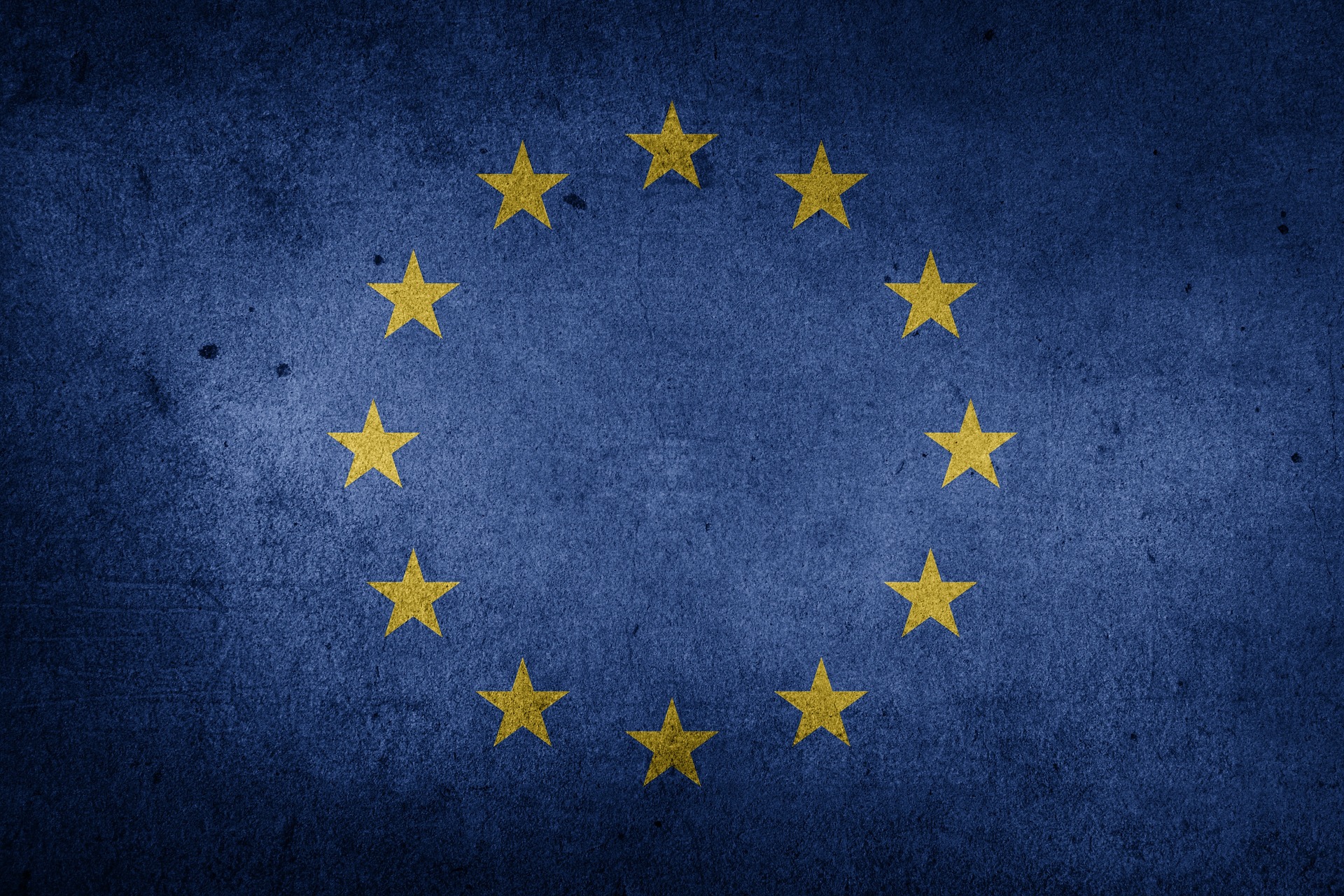The EU has been described as a “dumping ground” for fashion made with Uyghur forced labour in new research published this week.
A study by The Coalition to End Forced Labour in the Uyghur Region claims that 39 major clothing brands based in or selling to the EU, including Hugo Boss, Ralph Lauren, Prada, Burberry, Zara and its parent company Inditex, are at risk of sourcing products made by Uyghurs forced to work in state-imposed labour transfer programmes.
The Coalition said that its report, published by Uyghur Rights Monitor, Sheffield Hallam University, and the Uyghur Center for Democracy and Human Rights, has traced these brands through intermediaries to four major Chinese fabric and apparel manufacturers with, according to the report, significant links to the Uyghur Region: Zhejiang Sunrise, Beijing Guanghua Textile Group / Beijing Fashion Holdings, Anhui Huamao Group Co. Ltd., and Xinjiang Zhongtai Group / Xinjiang Lihua Group.
However, the organisation said that the companies' failure to transparently disclose their supply chains means it is not possible for researchers to prove definitively that any specific product purchased by any particular brand contained content made in the Uyghur Region.
It added that the research instead used publicly available sources, including shipping data, corporate financial and media reporting, journalism, state propaganda, remote sensing data, and maps to evidence that major brands are still doing business with companies known to source from the Uyghur region.
The Uyghurs are a mostly Muslim minority ethnic group of around 12 million people living in the North Western region of Xinjiang.
The UK government has previously spoken about the detention of over one million Uyghurs in political “re-education” camps in China, alongside invasive surveillance, systematic restrictions on Uyghur culture, forced labour, the involuntary sterilisation of women, and torture.
“Any brand in compliance with international due diligence obligations should have long since severed ties with any supplier that sources from the Uyghur Region,” said Rushan Abbas, founder and executive director of Campaign for Uyghurs. “Any brand buying from these suppliers that claims its products are free from Uyghur forced labour should demonstrate how exactly they know that.
“It breaks my heart to think that my innocent sister, a retired medical doctor, may be forced to make clothing for those companies.”
The report suggests that import data from the US shows a significant reduction of goods from the Uyghur Region imported into the country since the implementation of the Uyghur Forced Labor Prevention Act (UFLPA) in June 2022.
But it says that a "significant volume" of clothing at high risk of being linked to Uyghur forced labour is being imported and sold in the EU "without restriction".
The EU is currently debating proposed Forced Labour Regulation, which the Coalition said has the potential to be effective in addressing state-imposed forced labour.
“This research highlights the need for strong legislative responses across the globe, from Canada to South Korea," said Chloe Cranston, head of thematic advocacy programmes at Anti-Slavery International. "Governments must introduce and enforce robust measures to control the import of products made with forced labour.
"This includes in the EU, where the proposed Forced Labour Regulation must be meaningfully designed to prevent EU Member States becoming dumping grounds for Uyghur forced labour goods.”
Retail Systems has approached Hugo Boss, Ralph Lauren, Prada, Burberry, Zara and Inditex for comment.
Latest News
-
Tesco makes ‘significant strides’ on safety through body worn cameras
-
Flying Tiger Copenhagen appoints new group chief executive
-
Walgreens cuts over 600 jobs after buyout
-
Mango opens first store in Limerick as part of expansion plan
-
eBay and Etsy to buy Depop for $1.2bn
-
REWE opens automated fresh food facility to serve Berlin outlets
Beyond Channels: Redefining retail with Unified Commerce
This Retail Systems fireside chat with Nikki Baird, Vice President, Strategy & Product at Aptos will explore how unified commerce strategies enable retailers to tear down these barriers and unlock new levels of operational agility and customer satisfaction.
The future of self-checkout: Building a system that works for consumers and retailers
In this webinar, industry leaders discussed what the future of self-checkout looks like and how retailers can make the technology work for everyone.
© 2024 Perspective Publishing Privacy & Cookies









Recent Stories